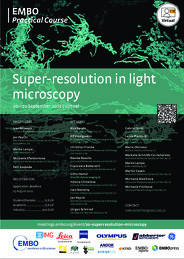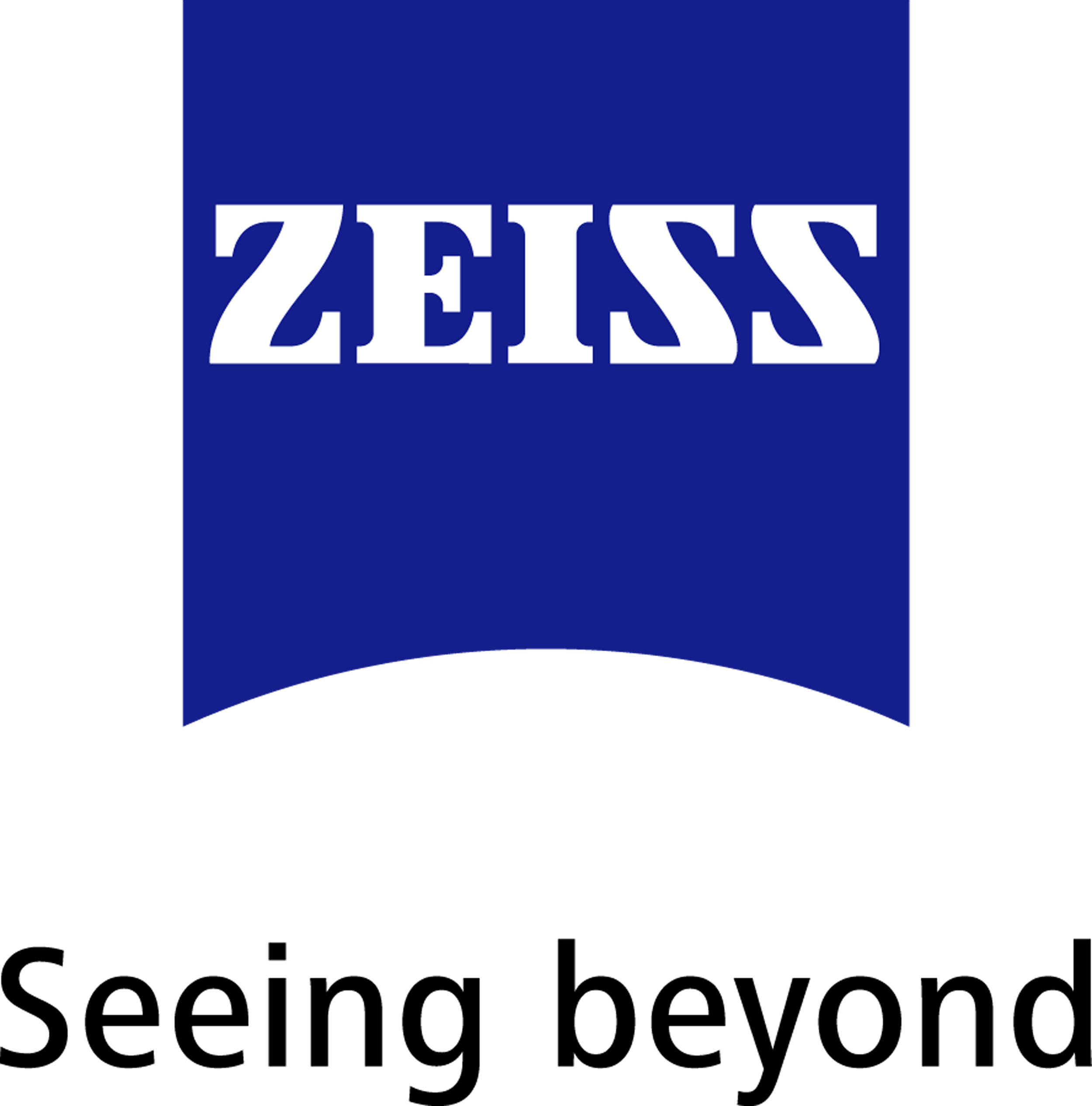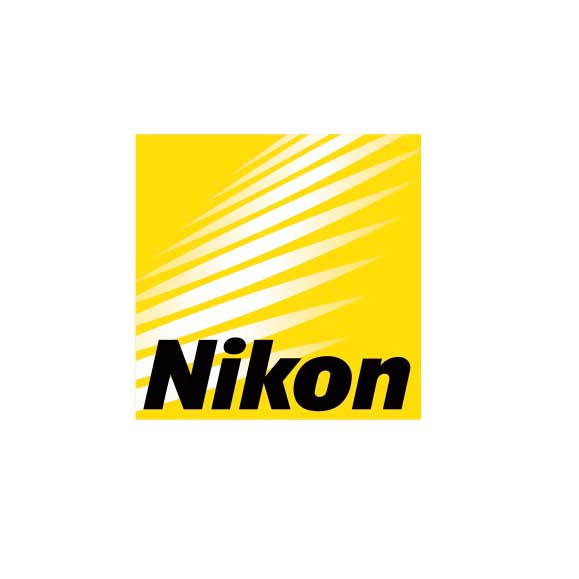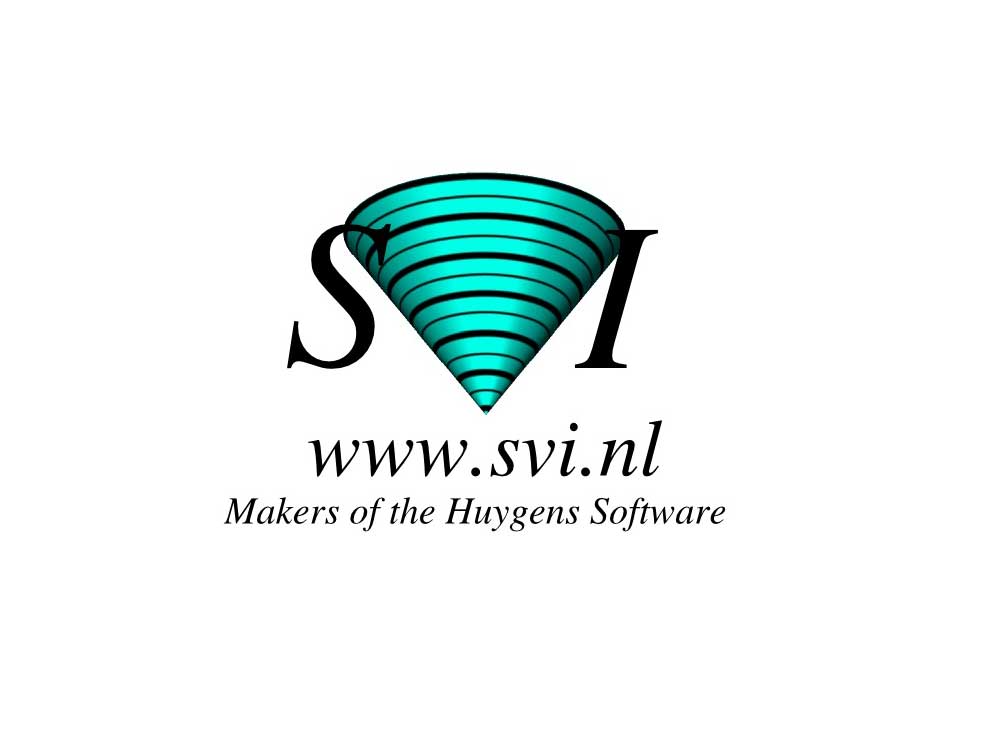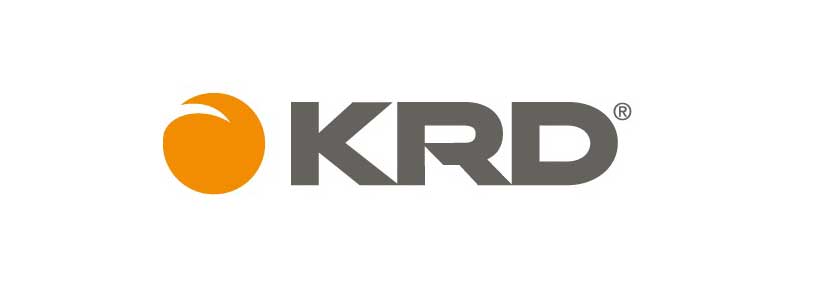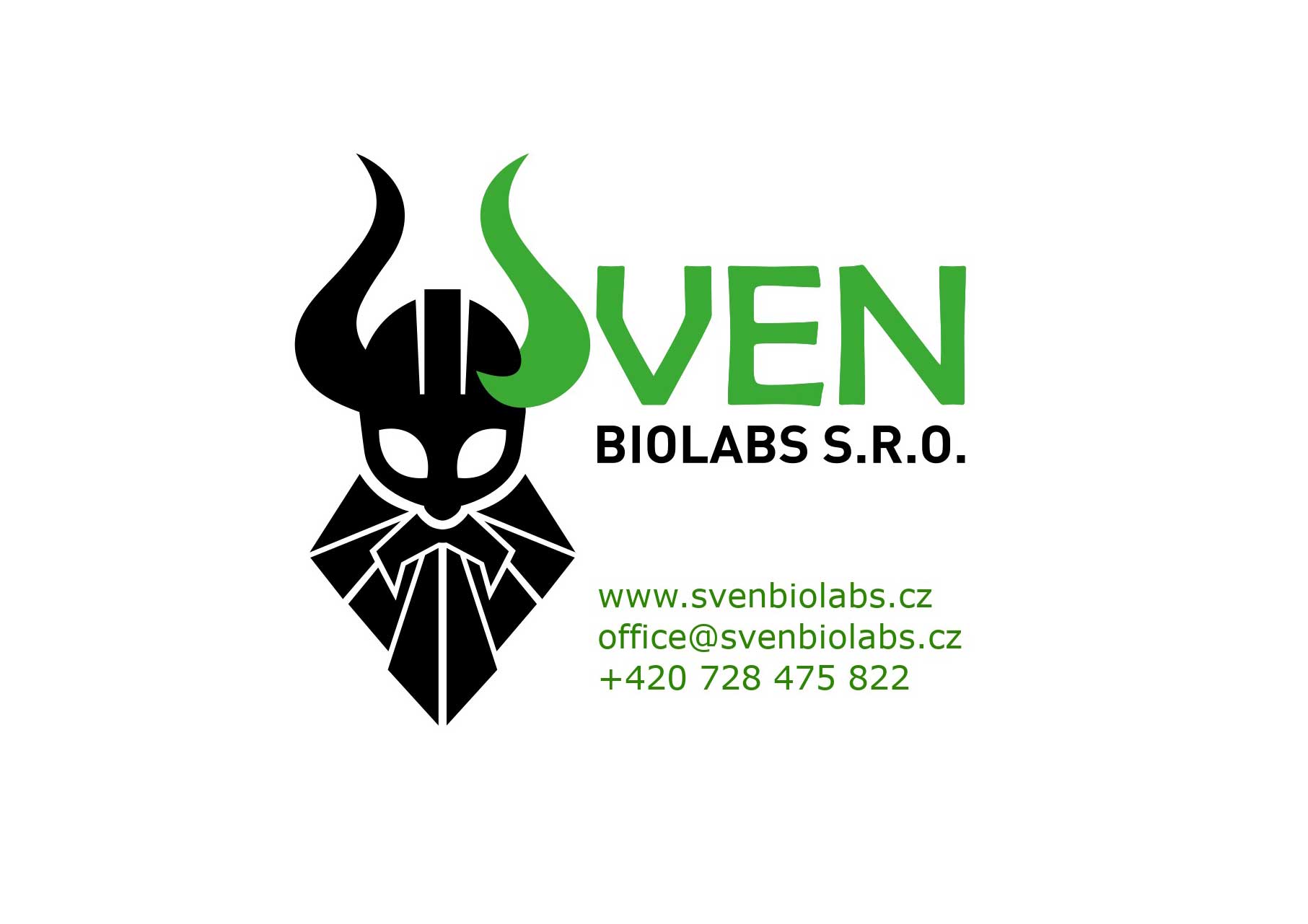About the Practical Course
Super-resolution light microscopy (SRLM) is a dynamically evolving field of biomedical sciences.
Despite the Covid-19 situation, we feel the need to stay close together and keep our “EMBO Practical course: Super-resolution in light microscopy” alive and run it in VIRTUAL.
On the virtual platform, we would offer three-day course full of scientific lecture presented by progressive scientists from the field, solving very practical aspects of microscopy work in super-resolution.
The scientific lectures will be balanced with sufficient number of lectures given by leading microscopic companies presenting their new and original solutions for SR microscopy not from marketing but from the technical and principal way.
The theoretical background needed for understanding the methods will be covered by brief booklet compilation of super-resolution techniques fundaments. By that, participants will be theoretically introduced to the main SR approaches: Single molecule localization microscopy (SMLM), Structured illumination microscopy (SIM), Stimulated emission depletion (STED) microscopy and high-resolution computational methods.
Practical shape of the course will be secured by combination of three practical sessions “live-shared-screens” of running SR systems with brief and strait way demonstration of how to set up the acquisition, what is important to check and how quickly evaluate the result image; inspected techniques will be STED, SIM and SMLM.
The social networking will be fed by important sessions of discussion with speakers and trainers and also by discussion with representatives of companies.
Image: Visualization of the mitochondrial network in model pancreatic beta-cells (INS-1E), MitoView staining, SIM
Author: Anezka Kahancova, dept. of Mitochondrial Physiology, Institute of Physiology CAS, CZ
About EMBO Courses and Workshops
EMBO Courses and Workshops are selected for their excellent scientific quality and timelines, provision of good networking activities for all participants and speaker gender diversity (at least 40% of speakers must be from the underrepresented gender).
Organisers are encouraged to implement measures to make the meeting environmentally more sustainable.


